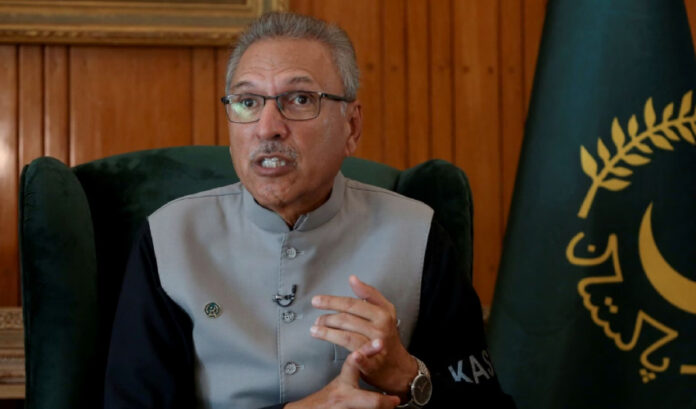The President-elect and PPP co-chairman Asif Ali Zardari took the oath as 14 President of Pakistan. The oath ceremony completed the historic electoral process, symbolized a significant transition of power and a testament to Pakistan’s commitment to democratic principles. Wherein, former President Dr. Arif Alvi silently walked away from the Presidency leaving behind a legacy, that has some bitter facts, controversies, and a rigmarole of stubborn attitude that neither suits high offices nor coincides with national cause. Amid a highly contentious political environment, the defeated Presidential candidate Mr. Mahmood Khan Achakzai displayed a highly adorable sportsman spirit during which he not only accepted his defeat and offered congratulations to the winning candidate but appreciated the fairness and transparency of the polls that ended in his defeat. Historically, the office of the President is a symbol of the federation and plays a bridging role among all four federating units in the country.
The President is the constitutional head of the executive and acts as Commander-in-Chief of the Armed Forces. It is a constitutional and ceremonial position that demands impartial and unbiased conduct, in line with the Constitution and the prestige of the office of the President. The Presidency has witnessed condemnable services of the nation’s saviors like Ghulam Ishaq Khan and Farooq Ahmed Laghari who upheld their constitutional obligations and clumped down hard on their parties’ governments. Mr. Zardari also left behind a landmark legacy during his previous term by scraping the draconian Article 58 (2) B and relinquishing his power in the larger interest of democracy in the country.
However, Dr. Naqvi represented his party throughout his term and always sought guidance from the Lahore Zaman Park or prisoner number 804 whenever it came to his dealing with sensitive political and constitutional affairs.In fact, democratic norms play a crucial role in maintaining the health and stability of political systems. Democracy teaches us mutual tolerance and an acknowledgment of responsibility. Political competition should occur within the bounds of acceptable behaviour. Institutional forbearance involves self-restraint by political leaders understanding that their actions can impact the stability and functioning of democratic institutions. These norms act as guardrails, preventing political competition from becoming excessively intense and ensuring that elections don’t turn into winner-take-all battles at any cost. The tragedy our nation has suffered over the past year and a half and still confronts the adamant behaviours of certain political actors. The nation eagerly elected its representatives amid economic woes and high inflation, now it comes to leaders how they pay back to the nation in the coming months and years.







